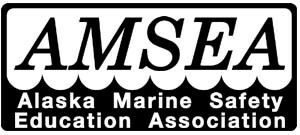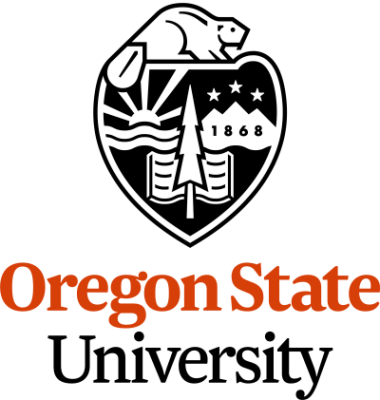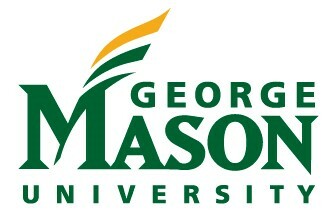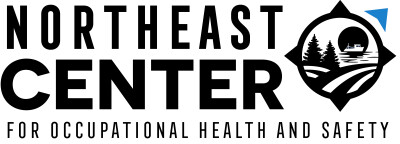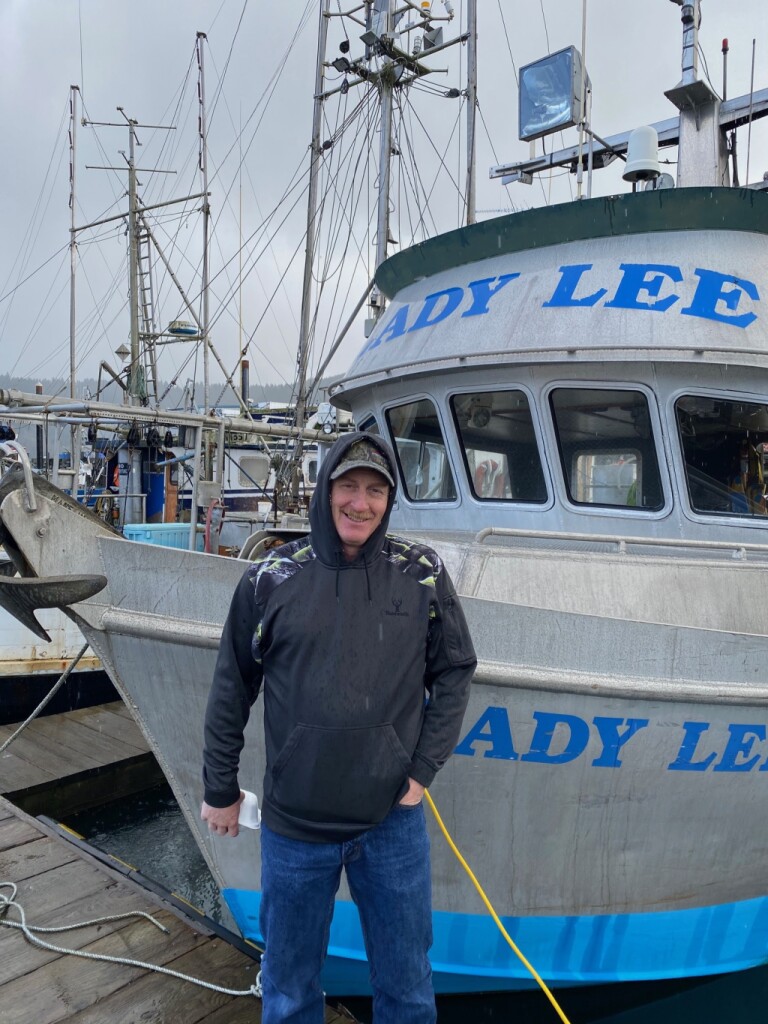Sleep deprivation has been a widely recognized and chronic problem in commercial fishing. Yet, very little research has been done on the effects of sleep debt on fishermen or on how to manage it.
“With so much news about the negative effects of sleep deprivation, fishermen have told us they also wonder how work will impact their cognitive ability as they get older,” said Julie Sorensen, director of the Northeast Center for Occupational Health and Safety.
The center is embarking on a two-year project with fishermen in Alaska, Oregon and the Northeast. The project aims to better understand fishermen’s concerns regarding sleep patterns and the possible effects of sleep deprivation on their health and safety.
“Many fishermen have told us they are curious about energy drinks, naps, their diet, and other areas that impact their sleep and health,” said Rebecca Weil, a project coordinator for the sleep debt project. “We are hoping a podcast series will provide information in a timely manner to quickly respond to the concerns we are hearing.”
Over the next few months, the center and its partners will be inviting 200 randomly selected fishermen to participate in the project. Participants will be paid for their time.
The Northeast Center for Occupational Health and Safety, known for its Lifejackets for Lobstermen project, is also developing a podcast for fishermen, to share timely resources about health and sleep.
The podcast is being formulated with AMSEA, Oregon University, Fishing Partnership Support Services, the Maine Coast Fishermen’s Association and the National Institute for Occupational Safety and Health.
The project (Assessments of Sleep Deprivation and Associated Health and Cognitive Impacts in Commercial Fishermen) is funded through a grant from the National Institute for Occupational Safety and Health and the U.S. Coast Guard.
Researchers and trainers from the Alaska Marine Safety Education Association, Oregon University and George Mason University are also participating in the project.
The center is funded through NIOSH to address prominent occupational safety and health hazards in agricultural, forestry and fishing communities throughout the Northeast. In addition to conducting research and developing innovative safety programs, the center offers safety trainings, health screenings and counseling services to workers in these three industries.
To learn more about the sleep project and other projects and services, visit www.necenter.org or call (800) 343-7527.
